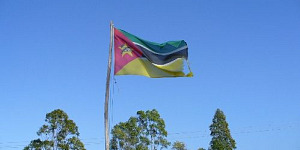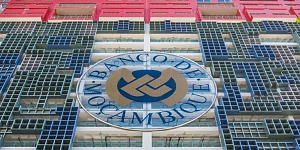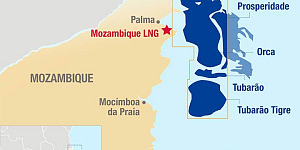Fitch Ratings has affirmed Mozambique's Long-Term Foreign and Local Currency Issuer Default Ratings (IDRs) at 'CC'. The Country Ceiling is affirmed at 'B-' and the Short-Term Foreign and Local Currency IDRs at 'C'.
KEY RATING DRIVERS
Mozambique's 'CC' Long-Term IDRs, which indicate that a default is probable, reflects the following key rating drivers:
The authorities announced on 25 October that they intend to start consultations with external commercial creditors to resolve the country's debt crisis. A potential re-structuring of external debt could fulfil Fitch's criteria for a Distressed Debt Exchange (DDE). The announcement reflects significant debt obligations falling due in the short term and the sharp deterioration in macroeconomic and fiscal conditions following the disclosure in early 2016 of USD1.4bn in additional debt from opaque state-owned companies (SOEs) with sovereign guarantees. The disclosure has led to the suspension of external support and a sharp drop in the currency.
Under current conditions, Fitch views Mozambique's debt-servicing capacity to be under severe distress. According to government forecasts, public and publicly guaranteed external debt service is set to climb to USD803.8m in 2017, of which USD591m is on non-concessional commercial debt (this excludes arrears from missed payments in 2016). As a percentage of revenue, the government expects the external public debt service to climb to around 35% in 2017, from an estimated 3.4% in 2014. The government assesses that its capacity to service the non-concessional debt in the next five years is near zero.
The government has proposed a timeline to agree and implement a debt resolution by January 2017 to restore debt sustainability (a pre-condition for renewed support from official lenders and donors). When the final terms of the restructuring are announced, Fitch would review whether the exchange constitutes a DDE under our criteria.
For a debt restructuring to be classified as a DDE under Fitch's criteria, both of the following need to apply: a material reduction in terms compared with the original contractual terms (potentially including a reduction in principal/interest or extension of maturity date); and the exchange is necessary to avoid a traditional payment default.
The current debt crisis and falling commodity prices have severely dented confidence in the Mozambican economy and currency. Since early 2016 the metical has weakened by close to 40% against the USD and by 45% against the South African rand. Weakness against the rand has been a major driver of inflation, as most consumer goods items are imported from South Africa. Fitch expects inflation to average 20% this year (the highest in two decades), before falling gradually in 2017-18, in line with aggressive monetary tightening.
Fitch expects growth to slow to 3.5% in 2016, the lowest figure in 15 years. Data for 1H16 indicate record-low confidence levels and a slowdown in activity across all sectors. GDP growth will likely rise to 5% in 2017, but this is dependent on a gradual resumption of external support. Medium-term economic prospects remain positive given investor interest in the country's vast natural resources. Rising prices of hydrocarbons have increased the prospects of key projects such as coal facilities and natural gas materialising, which could provide some fiscal relief.






































